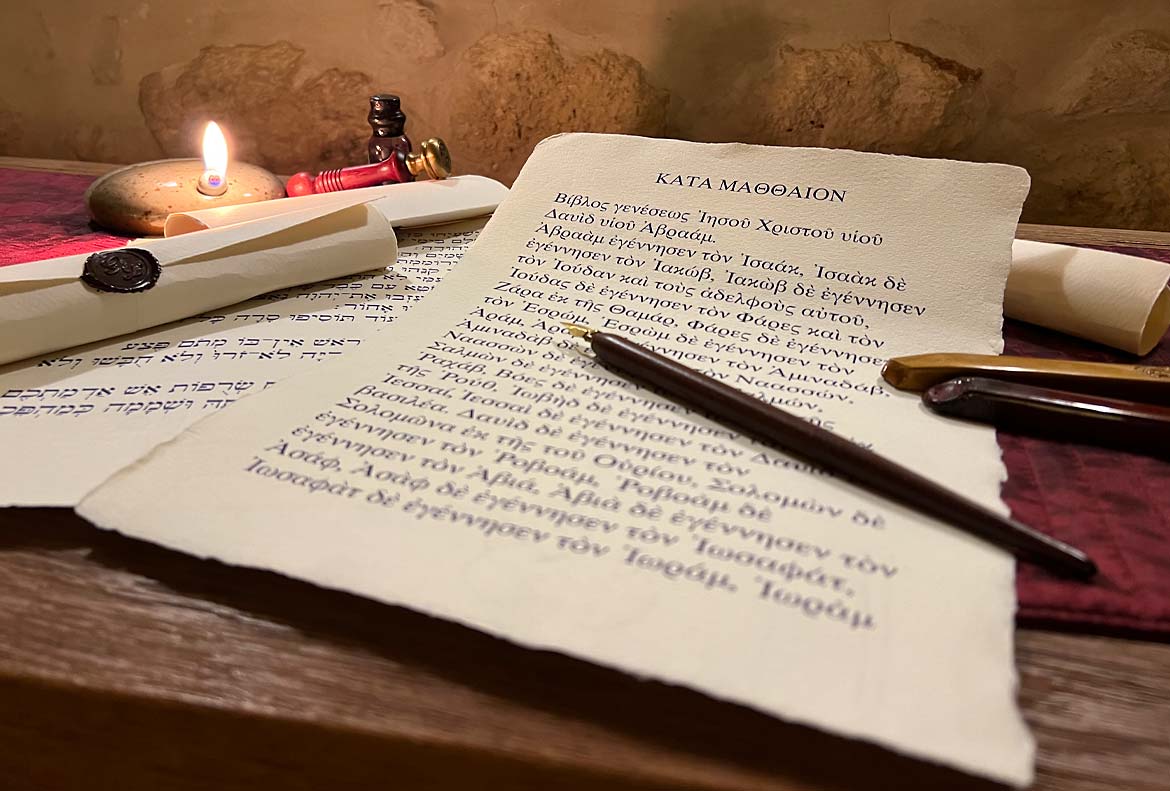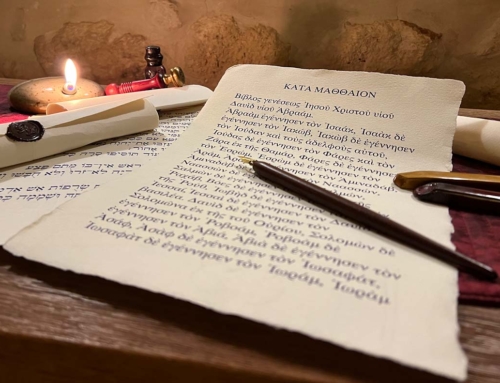25th SUNDAY IN ORDINARY TIME (A)
Sunday 24 September 2023
Matt 20:1-16
“When those hired about five o’clock came, each of them received the usual daily wage. Now when the first came, they thought they would receive more; but each of them also received the usual daily wage. And when they received it, they grumbled against the landowner, saying, ‘These last worked only one hour, and you have made them equal to us who have borne the burden of the day and the scorching heat.’ But he replied to one of them, ‘Friend, I am doing you no wrong; did you not agree with me for the usual daily wage? Take what belongs to you and go; I choose to give to this last the same as I give to you. Am I not allowed to do what I choose with what belongs to me? Or are you envious because I am generous?’ So the last will be first, and the first will be last”
(Matthew 20:9-16)
The landlord of a vineyard goes out five times during one day, seeking daily labourers. At dawn, with those employed first he agrees the salary of one denarius (a silver coin), the value of a days work. With those workers he meets at 9am, noon and 3pm he agreement isn’t defined: “I will give you what you are due!”. Finally, he goes out again at 5pm, just one hour before the end of the working day, and with these last workers who agrees nothing. He simply puts them to work. When the evening comes, the landlord gives the order to call the workers in, to give them their pay, from last to first.
And here something unexpected happens. The last to be employed, who had only worked an hour, receive a denarius. Can you imagine what those employed from 6am must have been thinking? Obviously, they were going to receive more. But – surprise – they also received the same wages! One denarius! The owner’s economic criteria is somewhat unpredictable!
Some considerations: if the first to be employed had been paid first they would have been satisfied, because the wage was good. Their disappointment actually arises when they compare themselves to those who arrived last. This disappointment produces grumbling, expressed with the verb gogguzo, which is only found in this verse in Matthew’s Gospel and expresses a murmuring of malcontent arising from a disappointing wait. It’s the same attitude that accompanies God’s people once they are freed from slavery but haven’t yet entered the Promised Land. Often, we too claim the ‘right’ to judge and condemn ‘that God’ (the only one!), who deserves our gratitude, docility, and trust.
Upon closer inspection, the judgement of the lord of the vineyard is just and righteous. He was faithful to the pact he had made: one denarius a day, which is a good salary! And not only that: he freely practised his generosity without letting himself be conditioned by the common economic rules: “I will give you what is right, what you are due”. This “right” reminds us that He alone is the Righteous One who gave His life for us. He is the true Landlord of the vineyard. On the Cross He gave all of Himself for us, not considering what we’ve done or do, or what we have, but who WE ARE, independent of the hour that we’ve entered in to His service.
It isn’t important, then, whether we’re first or last – we just need to enter! When we hear His call, don’t hesitate. Listen to His voice and enter the vineyard.
Fr. Giuseppe








